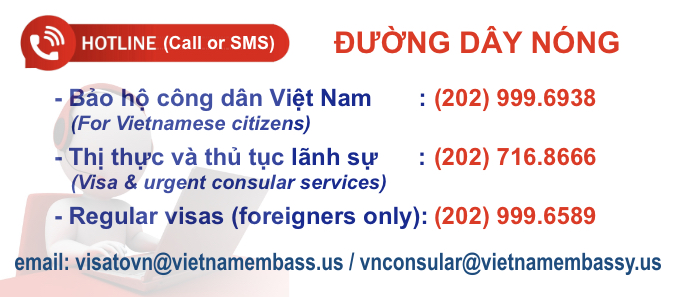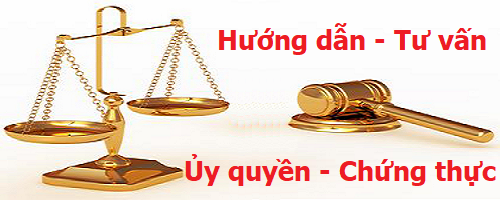Health
After national reunification (1975), Vietnamese public health faced countless difficulties: almost all hospitals and medical units had been destroyed, epidemics were rampant, as were social diseases and drug addiction in South Vietnam, etc. Mobilizing the force of the people and the assistance of humanitarian organizations and of WHO, the Vietnamese government determined to construct one 50- to- 100- bed health center in each district, one or more 300- to- 500- bed hospitals in each province and one health station in each commune. This does not include the thousands of private surgeries all over the country.
Medical and pharmaceutical colleges, training centers for medical workers have been consolidated and expanded.
In particular, therapy by traditional Oriental medicine, acupuncture and acupressure, the practice of exercising to care for one's health, therapeutic exercises, etc., are being encouraged. The campaigns for family planning, against AIDS, the controls of drug addiction have been paid due attention by the State and society.
The Health Ministry is carrying out, throughout the country, a campaign to use iodized salt, a vaccination program against six diseases and the supply of vitamin A to children.
In the face of economic difficulties, the Vietnamese Government has decided to increase the number of the beneficiaries of free medical charges for poor households and those in mountainous areas, to enhance malaria control, to extend the aid to purchase medical insurance for poor families, war invalids and soldiers. The State has attached great importance to primary health care for the community.



